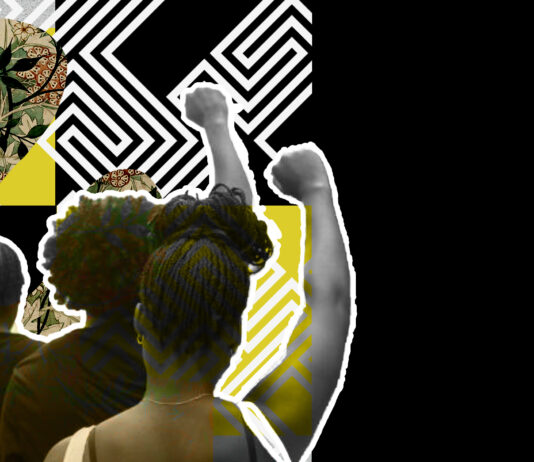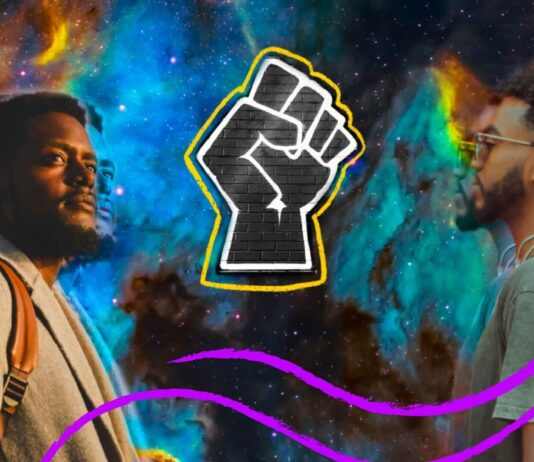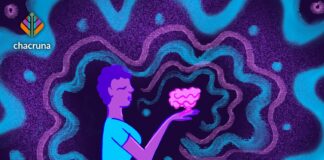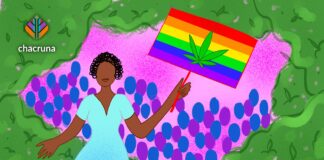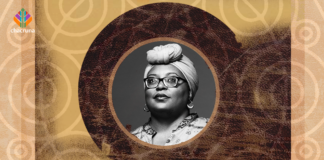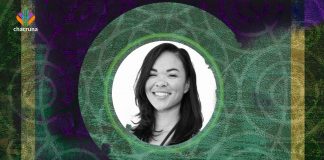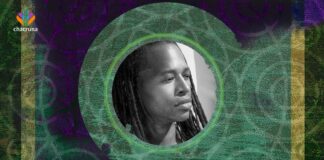Serving Stereotypes, Ignoring Realities: Bias in Mental Health Provision for Black...
The right therapy for black communities addresses the challenges faced by Black communities, particularly concerning racial stress and trauma.
Amber Senter on Queer Black Spaces in Cannabis Entrepreneurship, Disco Joints,...
Amber Senter is the cofounder and executive director of Supernova Women. She is working to lower barriers of entry for Black and brown people in the cannabis industry, as well as help give opportunities to folks in underserved communities in the industry. As a member of Oregon's psilocybin regulatory agency advisory board, she is working to fight overregulation in the drug industry.
On Equity-First Models for Psychedelic Healing
NiCole Buchanan, a clinical psychologist and professor at Michigan State University, spoke to Ali McGhee about the need for equity models in psychedelic healing spaces. Buchanan, whose area of clinical expertise is dealing with complex trauma, asserts that people of color have a legitimate wariness of the medical system due to the systemic injustices that they have experienced. In order to bring these people into psychedelic spaces responsibly, a more equitable process for clinical research that also honors legacy and lineage practitioners must be put into place.
On Racial Trauma, Social Justice, Mentorship, and Psychedelic Healing for People...
Sonya Faber, member of Chacruna's Board of Directors, sits down with Ali McGhee to discuss her experiences as a Black woman in pharmaceutical and psychedelic spaces. Faber touches on topics ranging from the whiteness of the psychology profession to the roll of power in policies related to psychedelics.
Chacruna Debunks 6 Racist Myths from the Psychedelic Community
Dr. Monnica Williams, Dr. Darron Smith, Dr. NiCole Buchanan, and Cristie Strongman, members of Chacruna’s Racial Equity and Access Committee and leading researchers and...
Psychedelic Justice: Creating a Socially Just Psychedelic Renaissance
NiCole T. Buchanan uses the new Chacruna anthology, Psychedelic Justice: Creating a Socially Just Psychedelic Renaissance, edited by Beatriz C. Labate and Clancy Cavnar, to reflect upon the nuance and meaning of the term “psychedelic justice.” For Buchan-nan, psychedelic justice is of increasing importance as we see psychedelics gain wide-spread acceptance and recognition for their radical healing potentials in that with social justice in mind we have the ability to address intersectionality, and dismantle multi-generational paradigms of op-pression.
Creating Communities of Healing with Fireside Project Co-Founder Hanifa Nayo Washington
Sean Lawlor interviews Hanifa Nayo Washington, energy healer, Reiki practitioner, and co-founder of Fireside Project, the psychedelic peer support line, about cultivating beloved community, systems of oppression in the psychedelic space, Burning Man, building trust, reducing harm, and creating a culture of belonging.
CIA-Funded Research Exploited Black Americans in Search of “Mind-Control” Drug
The CIA project, “MK Ultra” exploited people of color and other vulnerable groups to test the human limits of drugs like LSD for its use as a ‘mind-control’ agent. Dana Straus, Monnica Williams, Ph.D. and the research team from the University of Ottawa examined 49 research articles from the 1950s to the 1970s related to psychedelic science. As they analyzed their findings, they uncovered recurring themes surrounding safety and ethics regarding racial and ethnic groups, recruitment strategies, study methodologies, and potential dangers in the 49 studies.
Exploring the Path of the Healer with Dr. Stephanie Michael Stewart
Sean P. Lawlor interviews Stephanie Michael Stewart, psychiatrist and psychedelic healer in British Columbia, Canada about shamanism, the spiritual path, MAPS, people of color, problems with the Western medical model, indigenous traditions, ayahuasca in Peru, ayahuasca tourism, and psychedelic integration.
Entheogens, the African Diaspora, and BIPOC communities with Kufikiri Imara
Maria Mocerino interviews Kufikiri Imara, Oakland activist, about Decriminalize Nature Oakland (DNO), bridging the gaps within/out the psychedelic community, access and accessibility to psychedelics for marginalized communities, why he prefers the word “entheogen” to “psychedelics,” and building a BIPOC Entheo-gen Integration Circle with the San Francisco Psychedelic Society.


